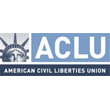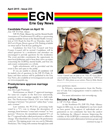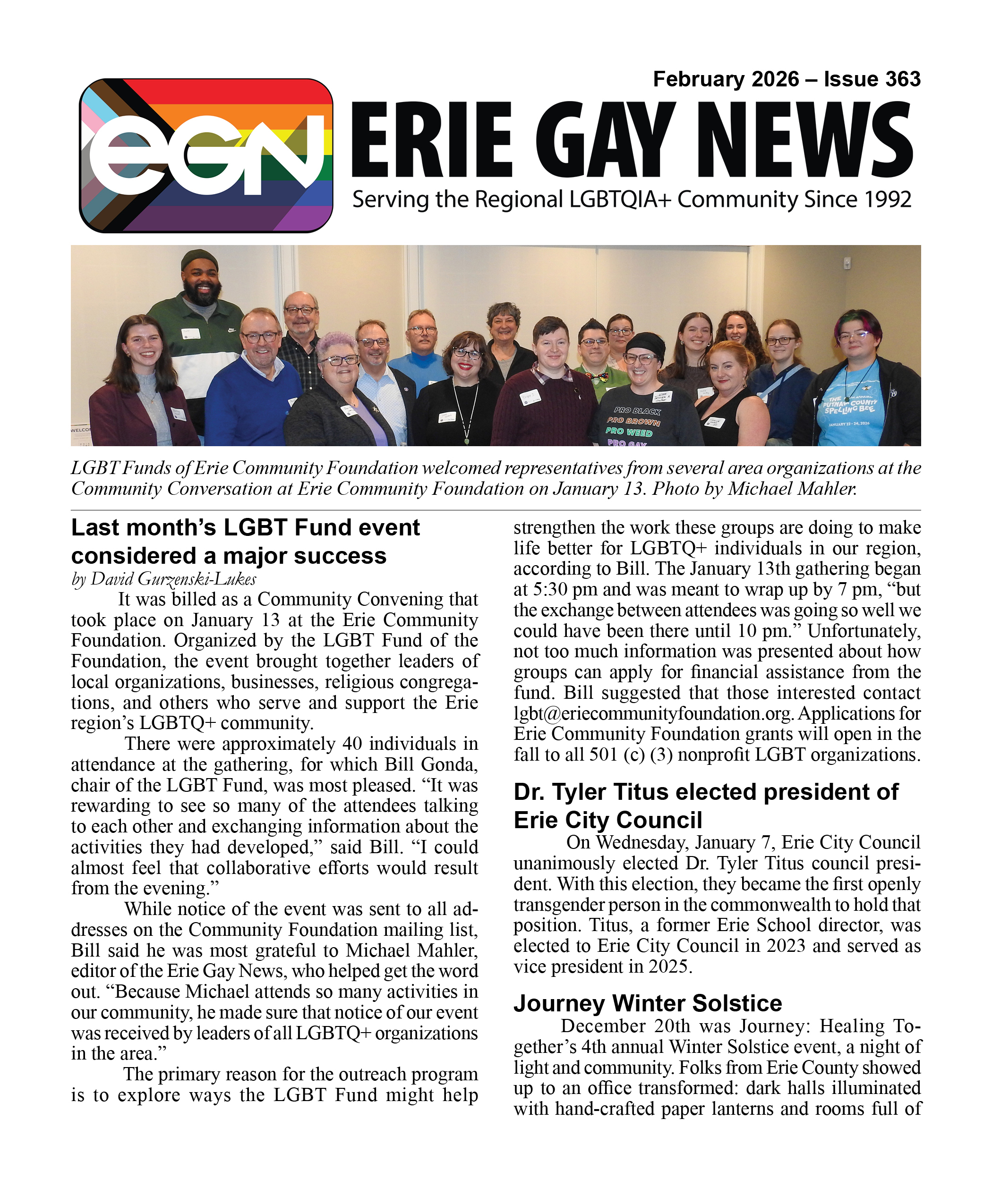ACLU Statement on Proposed Amendments to Indiana RFRA
NEW YORK - April 2, 2015 – The ACLU has issued the following statement in response to the Indiana legislature proposing amendments to address the harmful effects of SB 101, a Religious Freedom Restoration Act (RFRA) bill:
"The events in Indiana over the last week represent a dramatic change in the way our country reacts to discrimination hiding under the guise of religion.
The Indiana legislature and the governor made a terrible and dangerous mistake, and they were met with widespread condemnation and a backlash that has hurt their state's reputation and its economy.
The outcry – from businesses, religious organizations, community leaders, and millions of people inside Indiana and around the country – forced a change to the law.
Because of these changes, the harm of the law has been lessened, but there remain significant problems that must be addressed.
With these amendments, the RFRA cannot be used as a defense in some kinds of discrimination cases. That's a major improvement. But it still poses a risk that it can be used to deny rights to others, including in education, access to health care, and other aspects of people's lives. While this is one piece of the solution, it is incomplete. Religious freedom is important, but it doesn't give anyone the right to impose their beliefs on others, discriminate, or cause harm.
This national conversation has shined a light on the fact that Indiana – as well as twenty-seven other states – do not have statewide nondiscrimination protections for gay and transgender people, meaning that discrimination is still legal in most of the country.
The work to stop these harms begins – but does not end – with a renewed push to update Indiana law to include protections for gay and transgender people, and ensure that no one is denied housing, turned away from a business, or fired from a job simply because of who they are or who they love.
People across this country have sent a strong message that they will not stand by silently while their friends, neighbors and co-workers are put at risk of discrimination.
That's a lesson we hope other states hear loud and clear."



